As cases of the novel coronavirus continue to rise in Nepal, lockdown restrictions have added to the struggles of adolescent girls, denying them access to menstrual hygiene products and education.
Nepal’s four month-long COVID-19 lockdown, which will push an estimated one third of Nepal’s population below the poverty line, has left young women in rural districts without access to period products like sanitary napkins.
Additionally, menstrual taboos like chhaupadi, a discriminatory centuries-old practice that exiles menstruating women and refrains them from touching others, has made it difficult for young girls to maintain their period in a healthy and dignified manner.
Voluntary Service Overseas (VSO), an NGO that tackles poverty in developing countries, is attempting to combat menstruation stigma by teaching young girls how to make their own reusable sanitary napkins. Through its “Sisters for Sisters” mentorship program, which connects Big Sisters or mentors with mentees within their community, VSO trained over 2,000 young women to make pads prior to the lockdown.
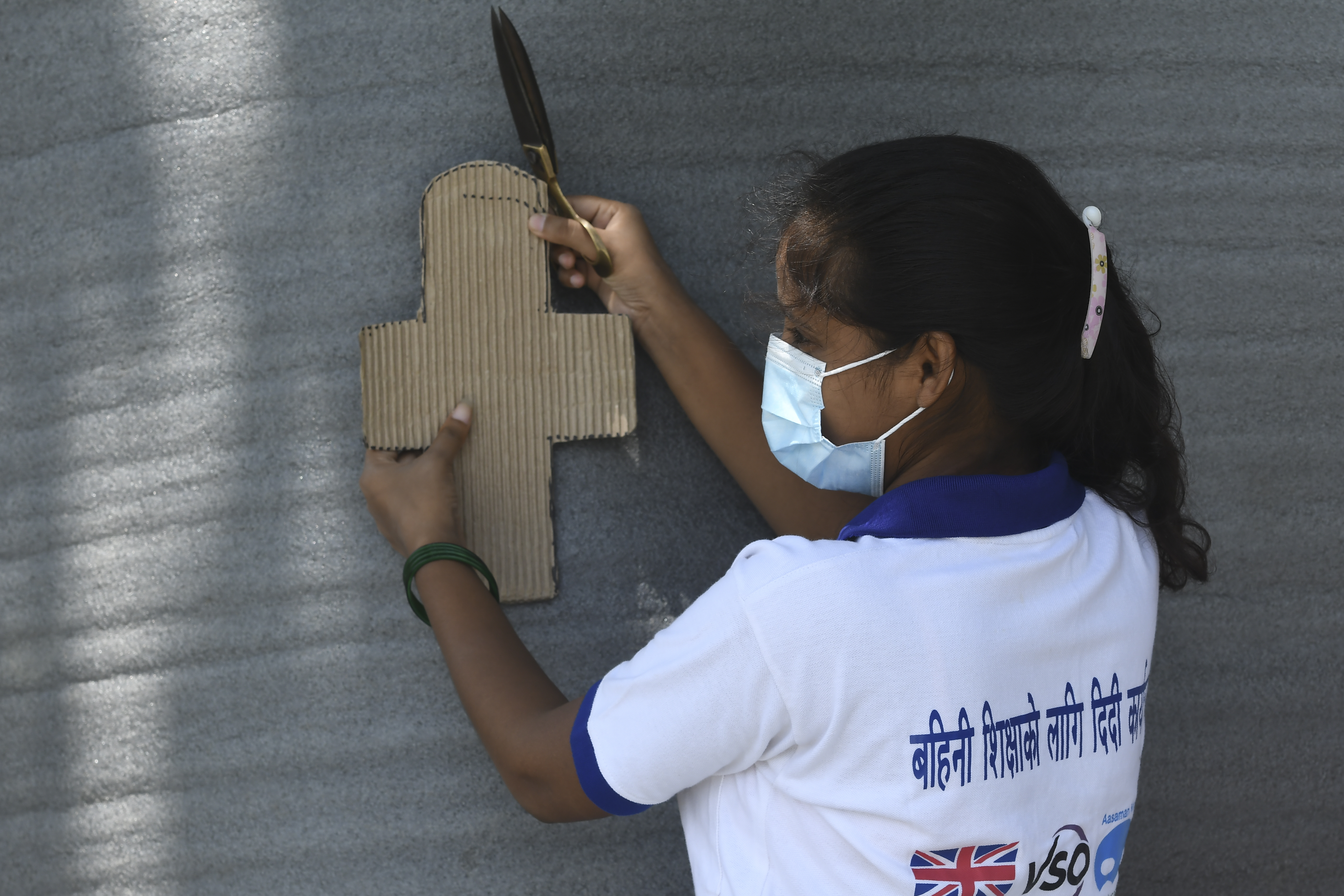
“During the lockdown, we were unable to buy sanitary pads at the shops,” Muni Kumari Gupta, a Big Sister from the Parsa district who is currently mentoring 11 girls under the programme said. “The skill helped us make our pads at home.”
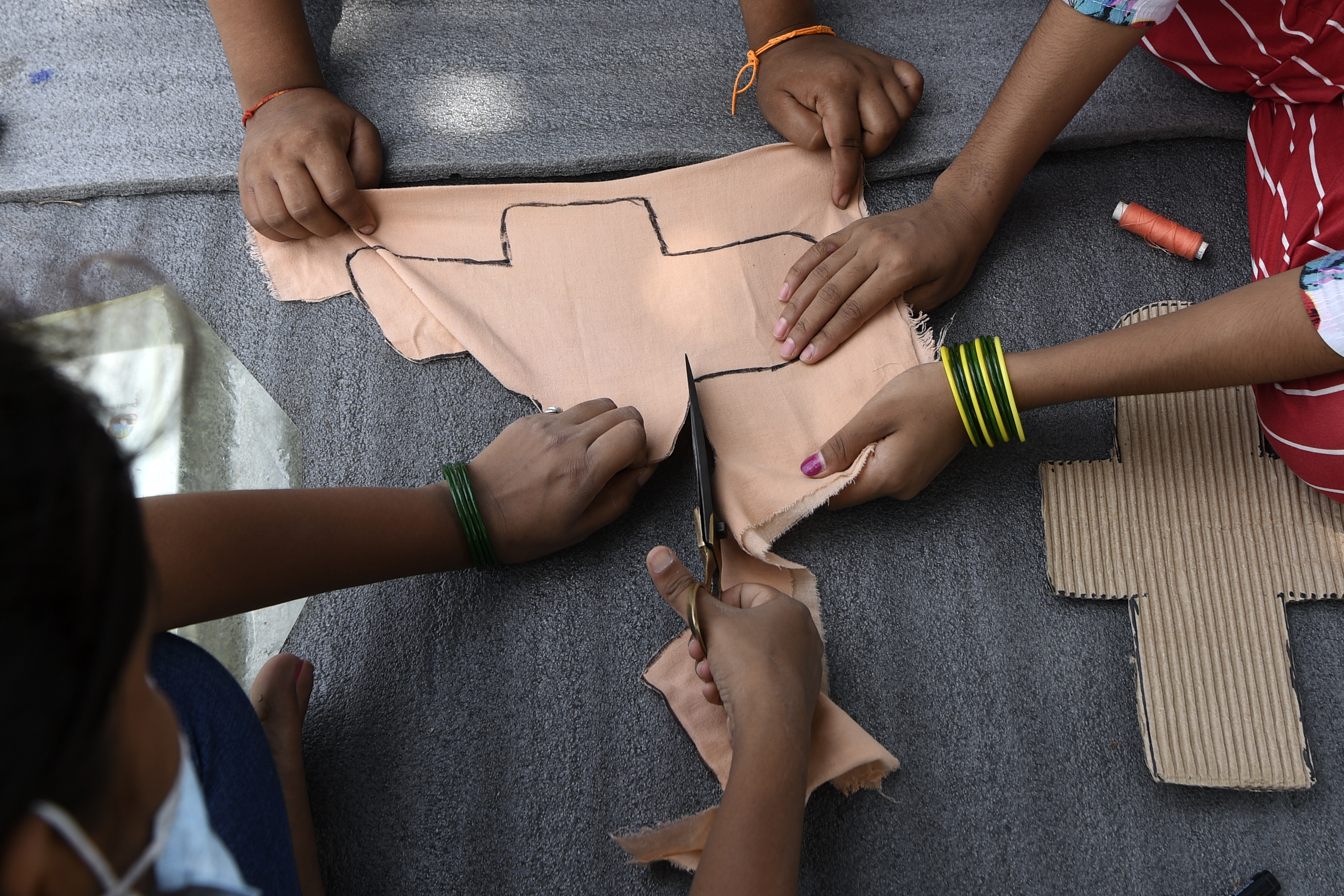
“When we were in school, we would get it [sanitary pads] there, but during the lockdown, we were unable to go to school,” 15-year-old Anjali Patel one of Gupta’s mentees said. Patel recounted how pharmacy stocks of sanitary napkins ran out at the height of the lockdown. “Thankfully, my Big Sister came to my home - as she lives in my neighbourhood - and taught me to make homemade sanitary pads.”
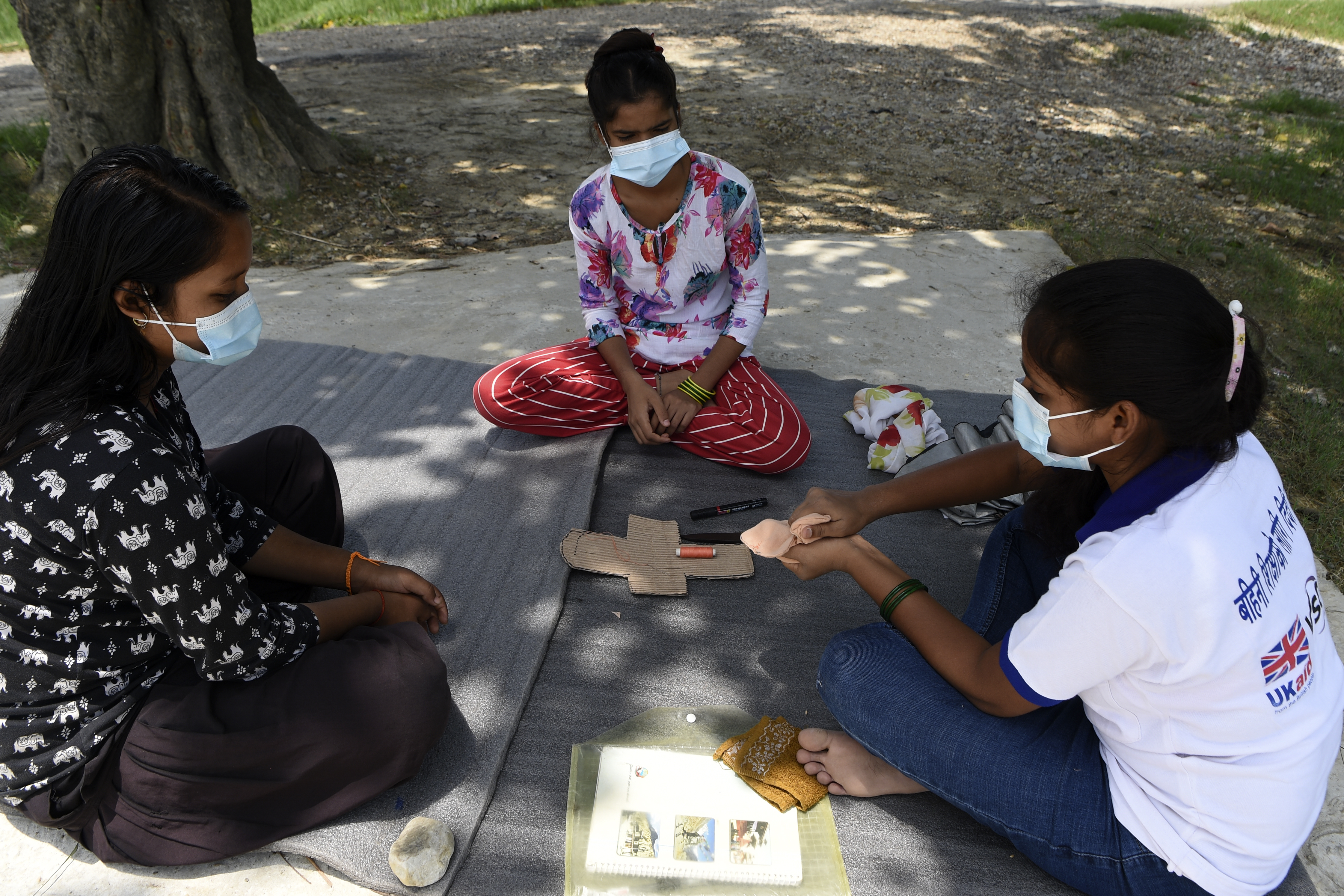
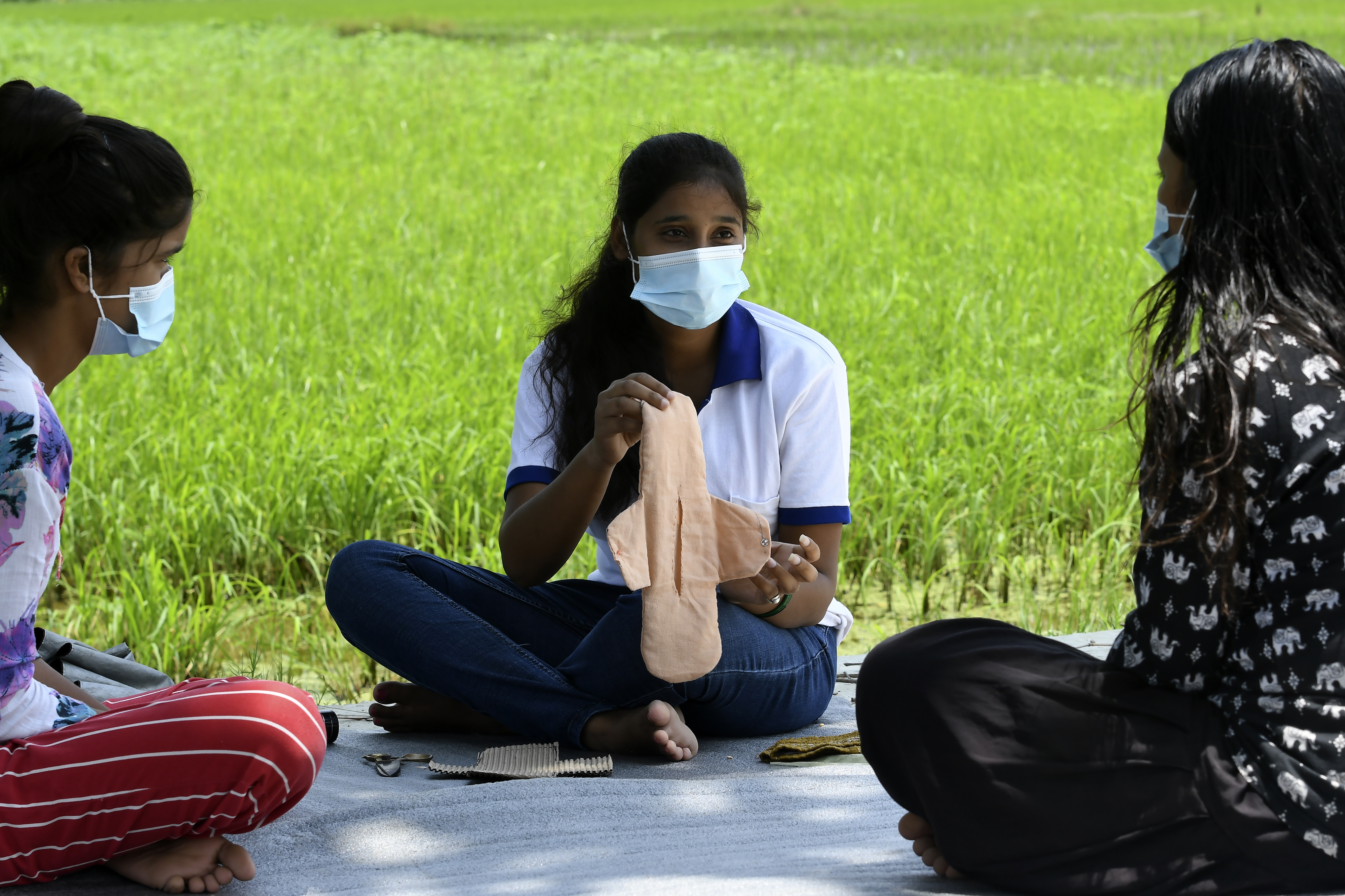
Before Nepal criminalised the practice of chhaupadi in 2017, women were banished to “menstruation huts”, a small shed-like structure where they were prohibited from touching food, religious objects and even water sources.
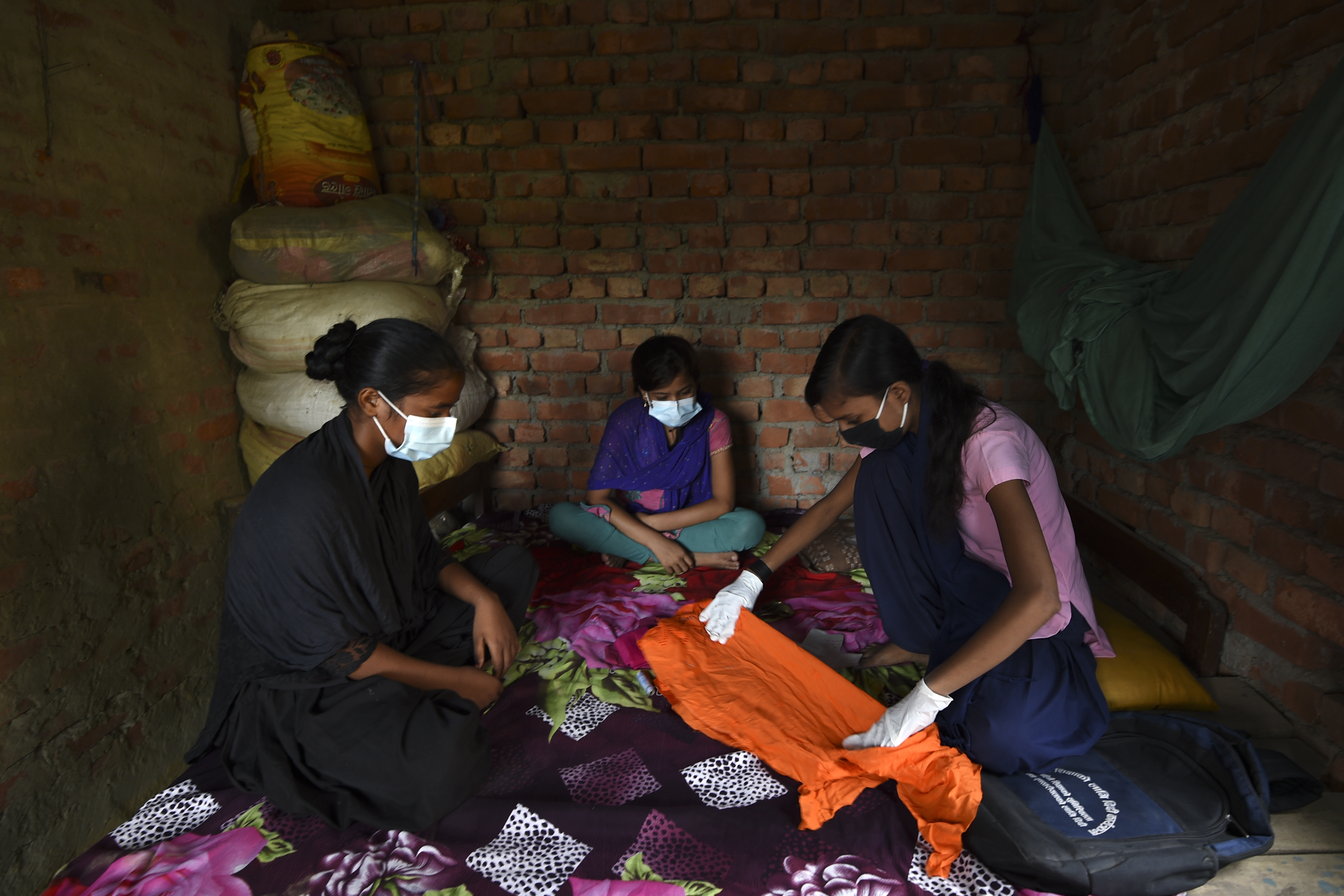
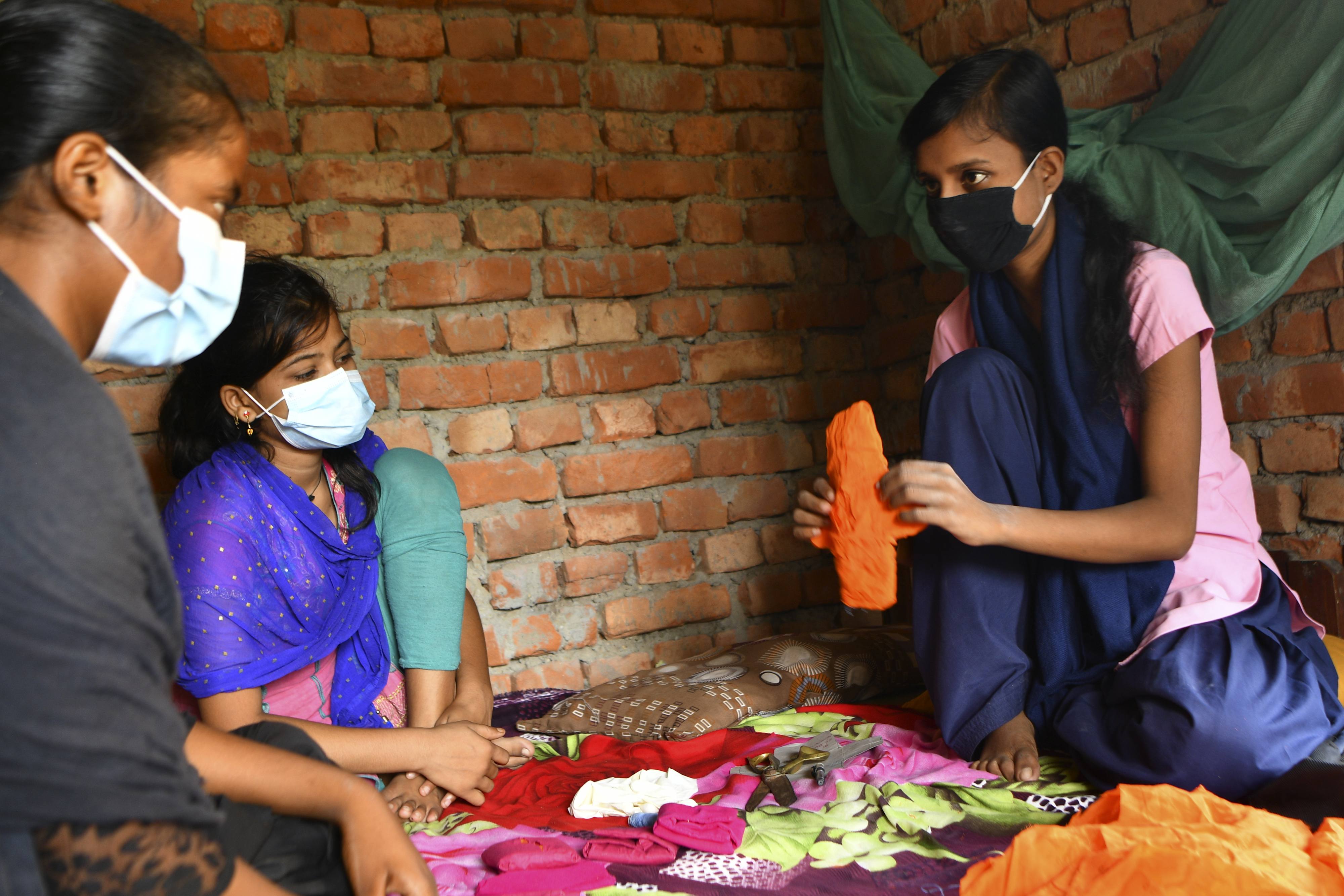
A 2019 report by the National Human Rights Commission found that at least 18 women have died due to the practice of chhaupadi since 2005, the year Nepal first outlawed the practice. These deaths occured due to suffocation in the poorly-ventilated huts, and snake bites, though many of these deaths remain unreported.
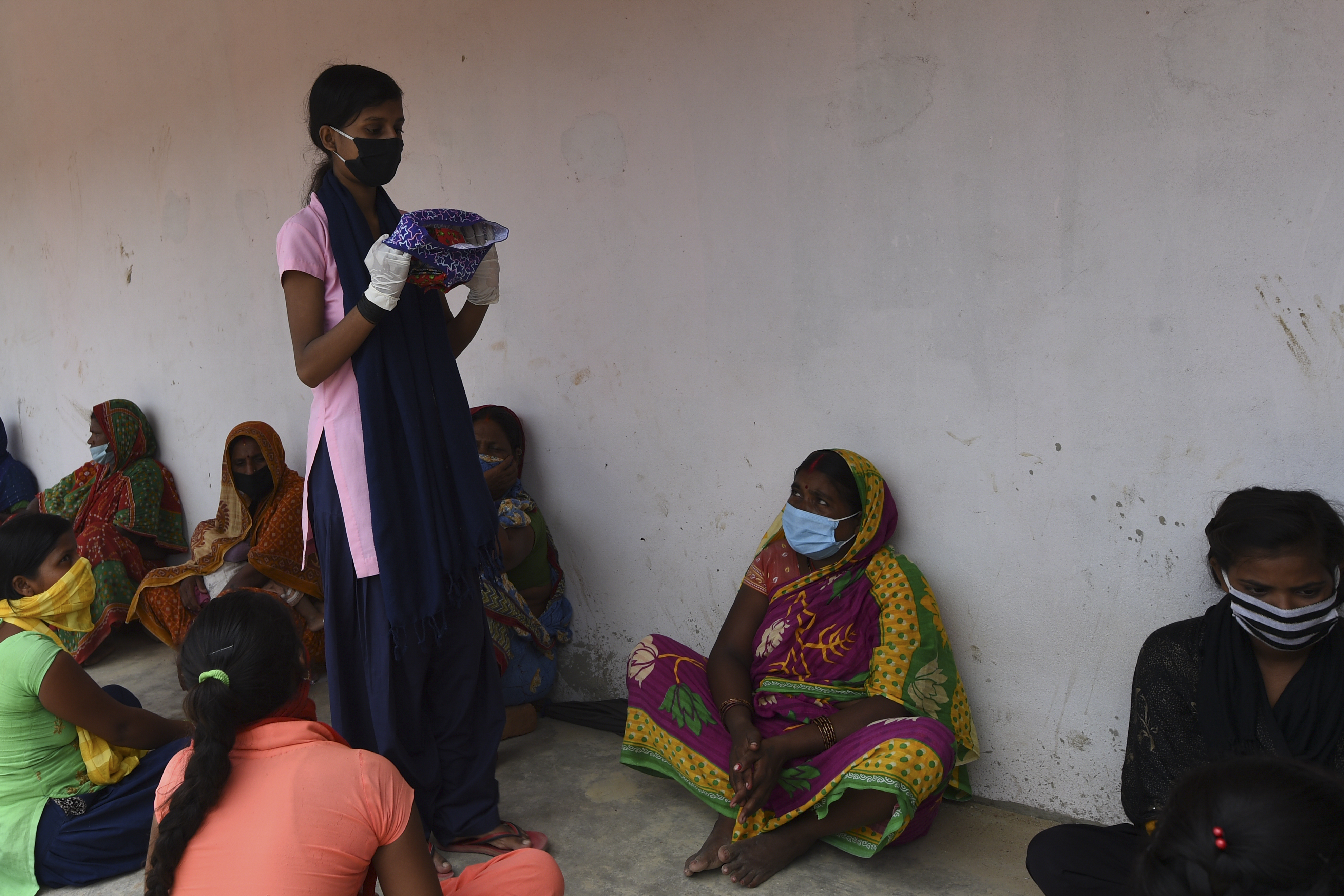
However, Nepali women continue to face discrimination, and are often prohibited from engaging in communal activities and touching household chores to stay “clean” during their menstrual period.
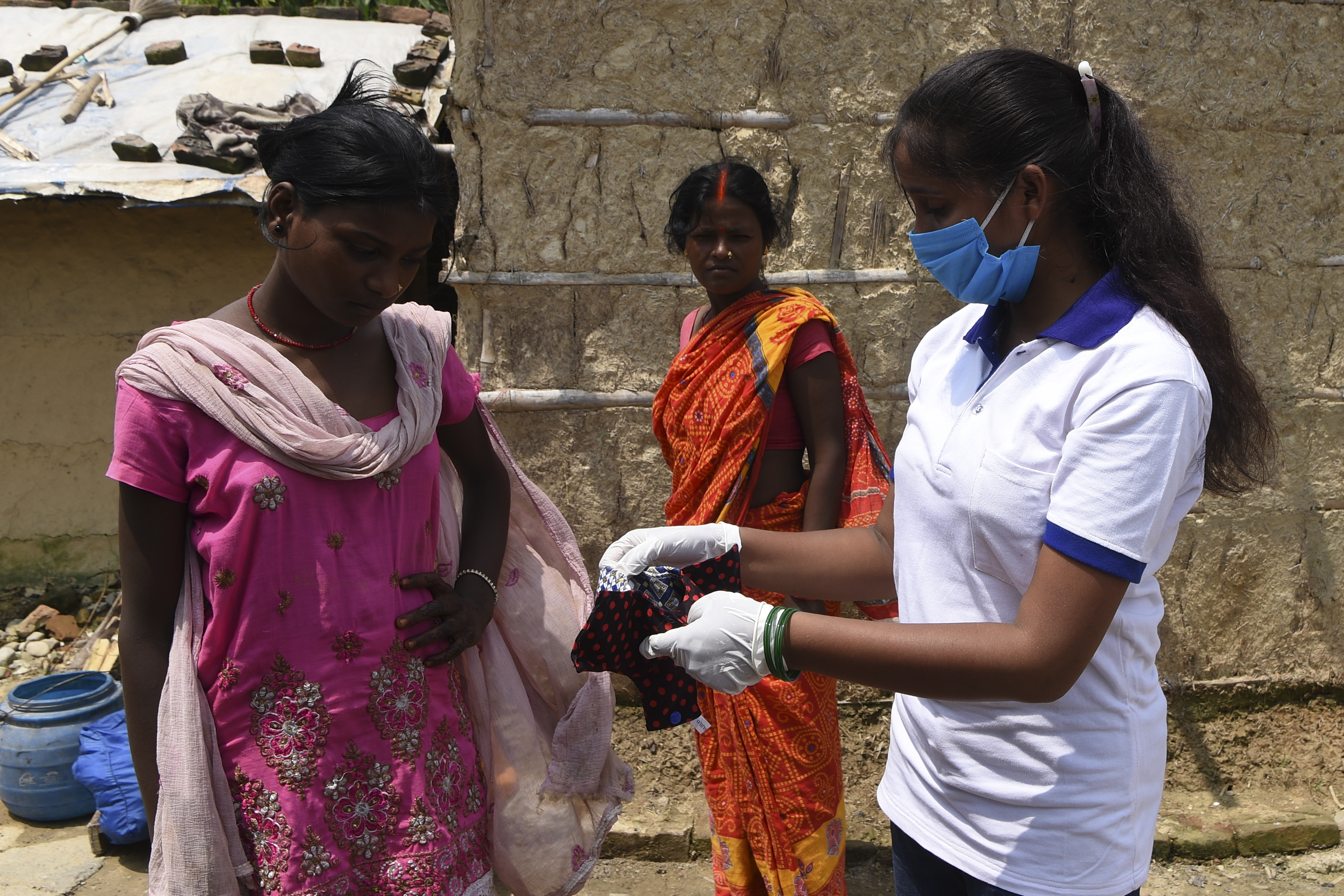
A 2019 study published in the journal of Sexual and Reproductive Health Matters found that 77 percent of west-central Nepali girls and young women actively practice menstrual exile. The study was based on a survey of 400 women aged between 14 and 19, and noted that while 60 percent of them were aware that chhaupadi is illegal, it didn’t make them less likely to practice it.
Nepal currently has more than 28,257 confirmed cases of COVID-19, with 114 reported deaths.
Follow Shamani on Instagram.
from VICE US https://ift.tt/3aPQWbf
via cheap web hosting
No comments:
Post a Comment